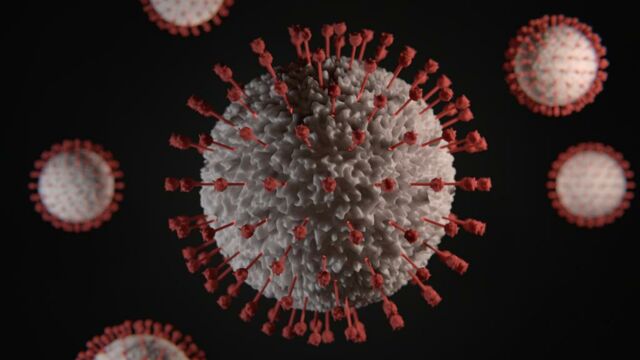According to new research, a variation of the Delta virus that is more infectious but less likely to elicit symptoms currently accounts for more than one in ten COVID infections in England. Professor Paul Elliott, director of Imperial College London's REACT programme, believes that the strain is less symptomatic than the original Delta virus. This appears to be a positive thing because it means it spreads less far when individuals cough.
Discover our latest podcast
The newest findings from the long-running REACT-1 investigation reveals that the AY.4.2’s prevalence. Since September, this strain has been rising at a pace of 2.8 per cent per day. The variation is an evolutionary offshoot of the original Delta virus, and the UK Health Security Agency is keeping a tight eye on it.
New stats
According to a survey, this new variant was found in 11.8 per cent of people tested between October 19 and November 5 in a random sample of 100,000 people. However, compared to 46 per cent of individuals with Delta, only 33 per cent of those with this strain experienced the characteristic COVID-19 symptoms of fever, persistent cough, or a loss or change in taste or smell.
While they were also less likely to exhibit other signs and symptoms, the variant is still highly transmissible. According to Professor Elliott, the variant appeared to be considerably more contagious than the more common Delta version of the virus and said,
Why it is more transmissible we don't know. It does seem to be less symptomatic, which is a good thing
Less hospitalisation
Professor Christl Donnelly who is another researcher on the subject argues that it is unclear how the mutation will affect the pandemic and commented,
If it is less likely to be symptomatic, then it means it gets tested for less, and people may be out. On the other hand, if they are not coughing it might be spreading less far in distance.
According to preliminary research, it is linked to a slightly lower incidence of hospitalization and mortality than Delta. Fortunately, vaccine efficacy appears to remain solid. According to the most recent REACT-1 findings, the booster dosage is highly effective. It decreases the chance of infection by two-thirds when compared to persons who have only had two doses. In comparison to people who have not received the vaccine, a single vaccine dosage reduces the chance of infection by 56 per cent.















